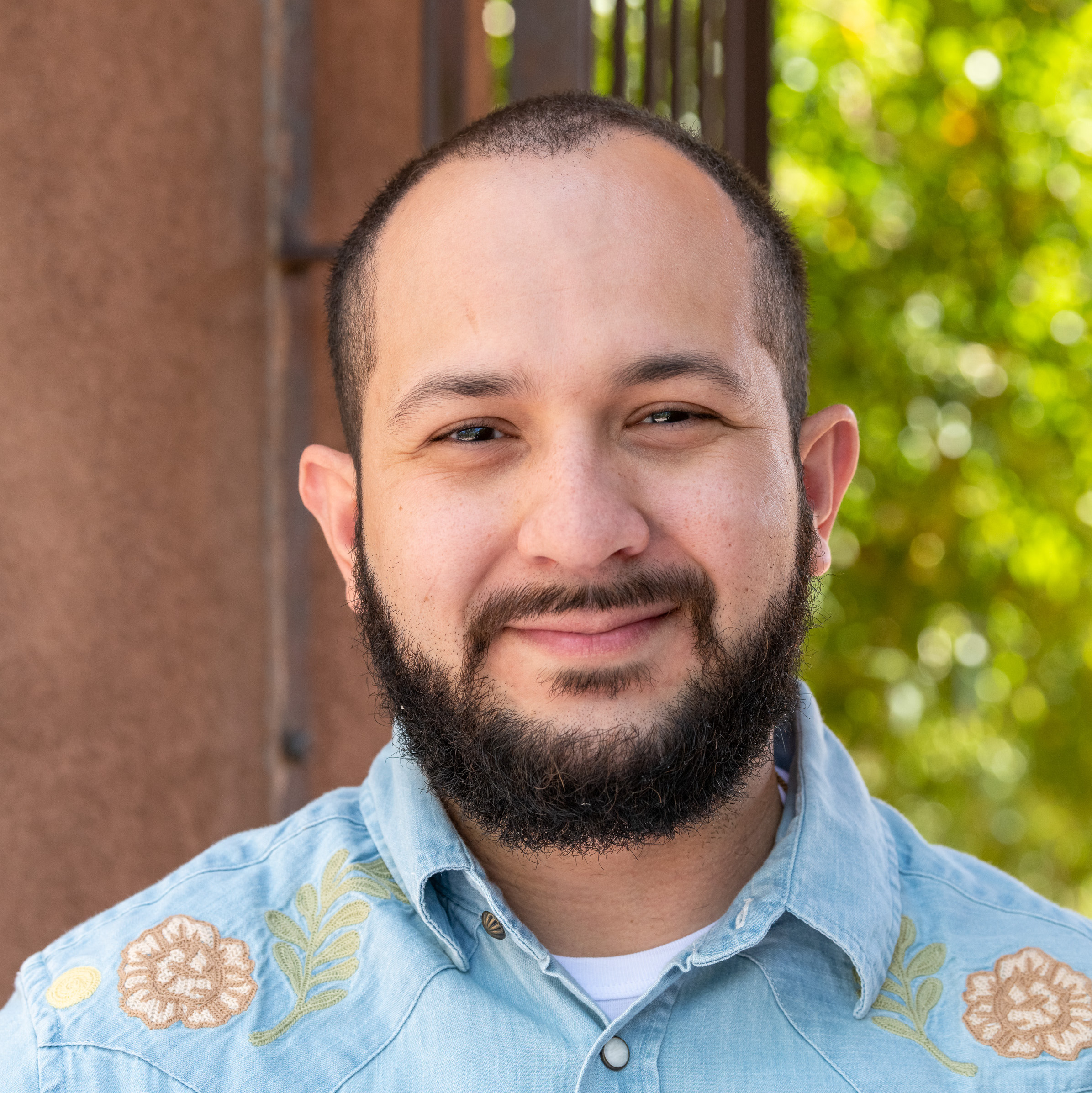Forming La Opinión in Los Angeles: Ignacio Lozano, Mexicanidad, and Diasporic Nationalism, 1926-1940
Andy Rafael Aguilera

Tuesday, February 15, 2022 | 02:30 pm
Virtual
About:
In October 1934, Ignacio Lozano Sr., newspaper mogul of Los Angeles’s La Opinión and San Antonio’s La Prensa, received an urgent telegram that his papers had been prohibited from crossing the Mexican border. That same day, his correspondent from Mexico City, José C. Valdés, confirmed to Lozano that his papers had had been marked as “seditious propaganda” by the Mexican government. Lozano subsequently denied these claims and pointed to Mexico’s guarantee of free press. In contrast to northward movement of Mexican people, resources, and ideas, the prohibition of Lozano’s newspapers represented a unique case on the U.S.-Mexico borderlands. This talk focuses on the formation of La Opinión in its first decade in which it utilized democratic rhetoric that emphasized the ideals of free press and electoral participation for Mexicans on both sides of the border. Lozano’s papers represented a transnational Mexican citizenship which relied on warning readers on the dangers of the Mexican government that spawned from the Mexican Revolution. La Opinión ultimately functioned as a crucial borderlands newspaper for ethnic Mexicans across the U.S. Southwest. The long Mexican Revolution thus contributed to the establishment of two seminal Mexican borderlands newspapers, and its efforts to keep the bonds of mexicanidad linked to the homeland from afar.
Andy Rafael Aguilera is a doctoral candidate in history and Latinx studies at the University of Michigan-Ann Arbor. He is currently an Andrew W. Mellon Foundation Fellow in Latinx studies at the School for Advanced Research in Santa Fe, NM. His research utilizes categories of race and nationalism to trace the ways in ethnic Mexicans define themselves and their relationship to Mexico in Los Angeles from its founding as a Spanish pueblo, then a Mexican capital, and finally, an American city. A first-generation student, his work hopes to complicate the construction of mexicanidad by elucidating the negotiative practices ethnic Mexicans articulate throughout time and space.
Notes:
This event is free and open to the public.
